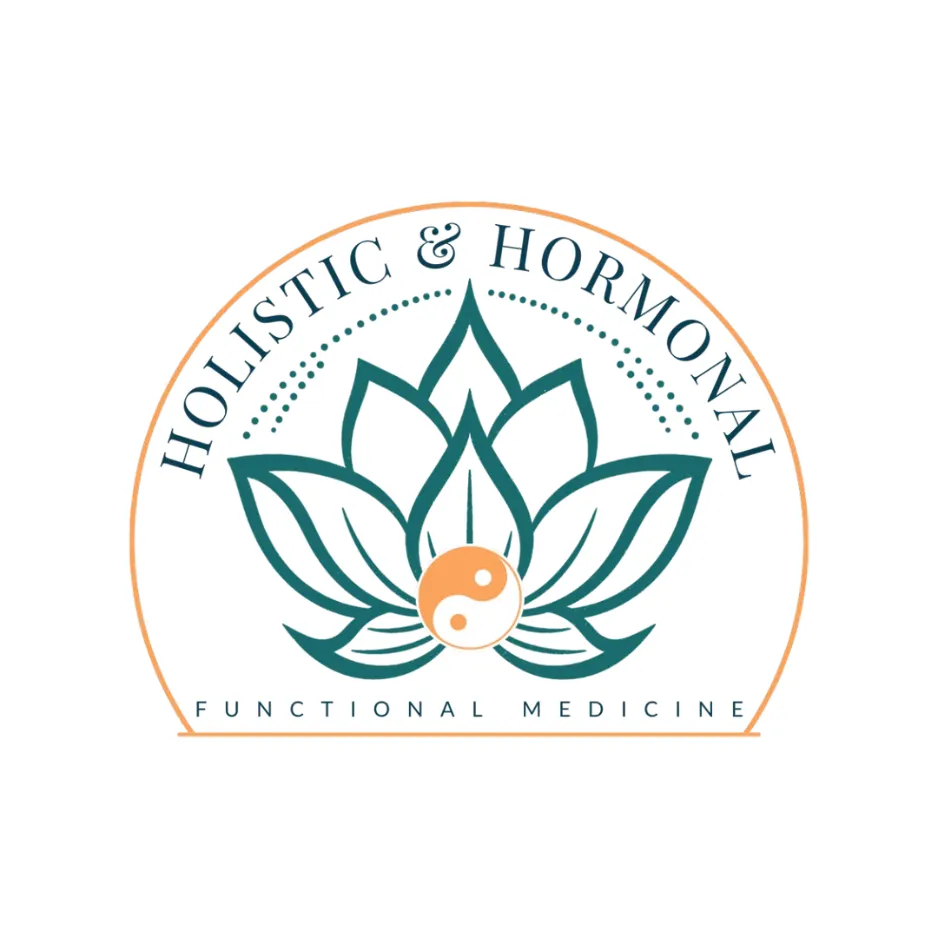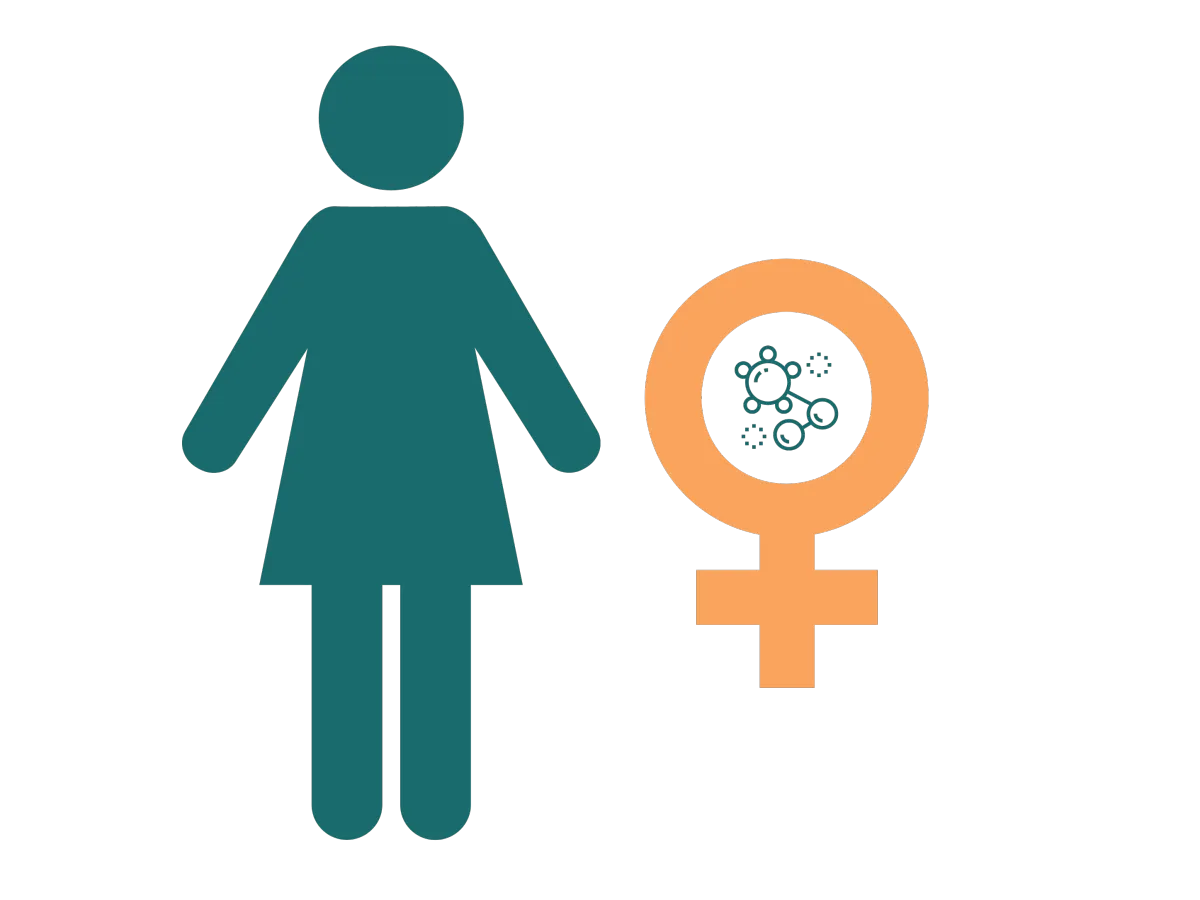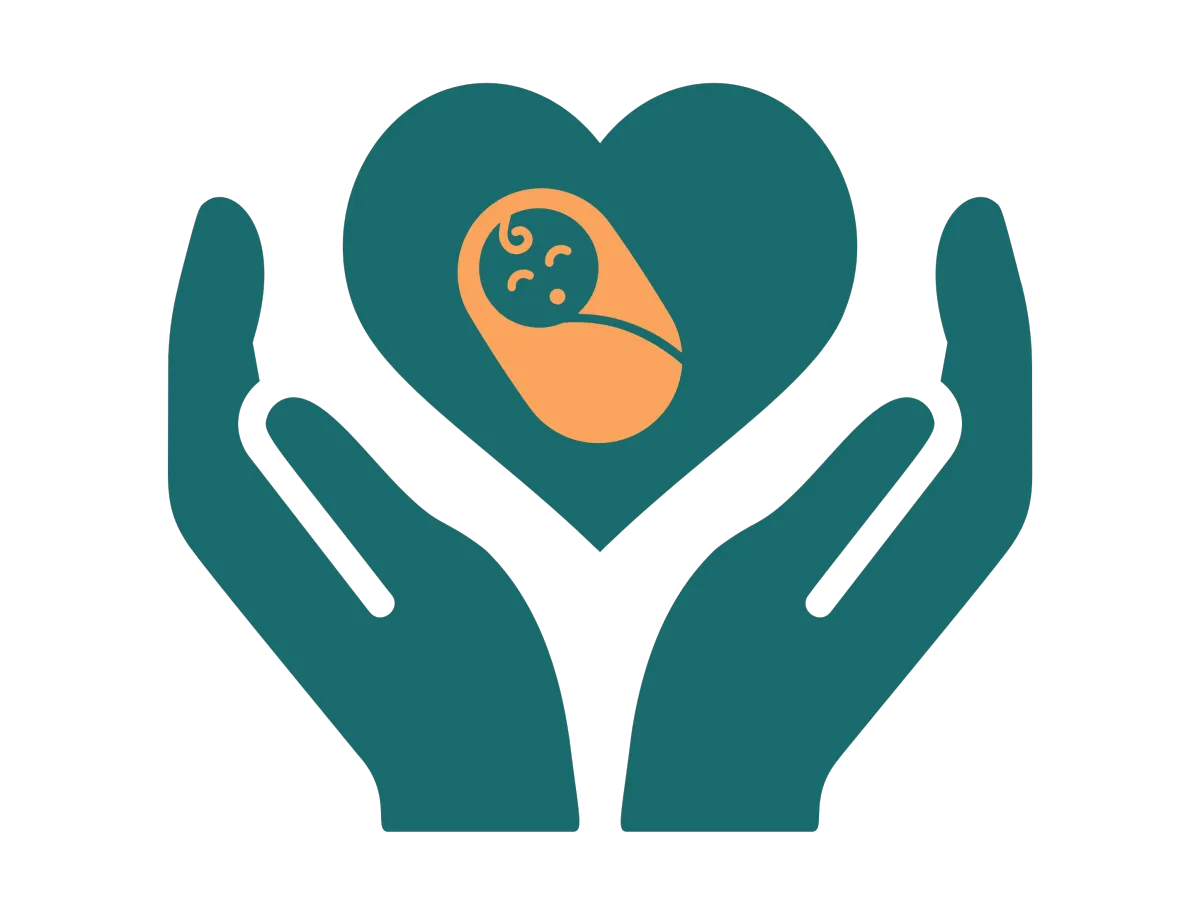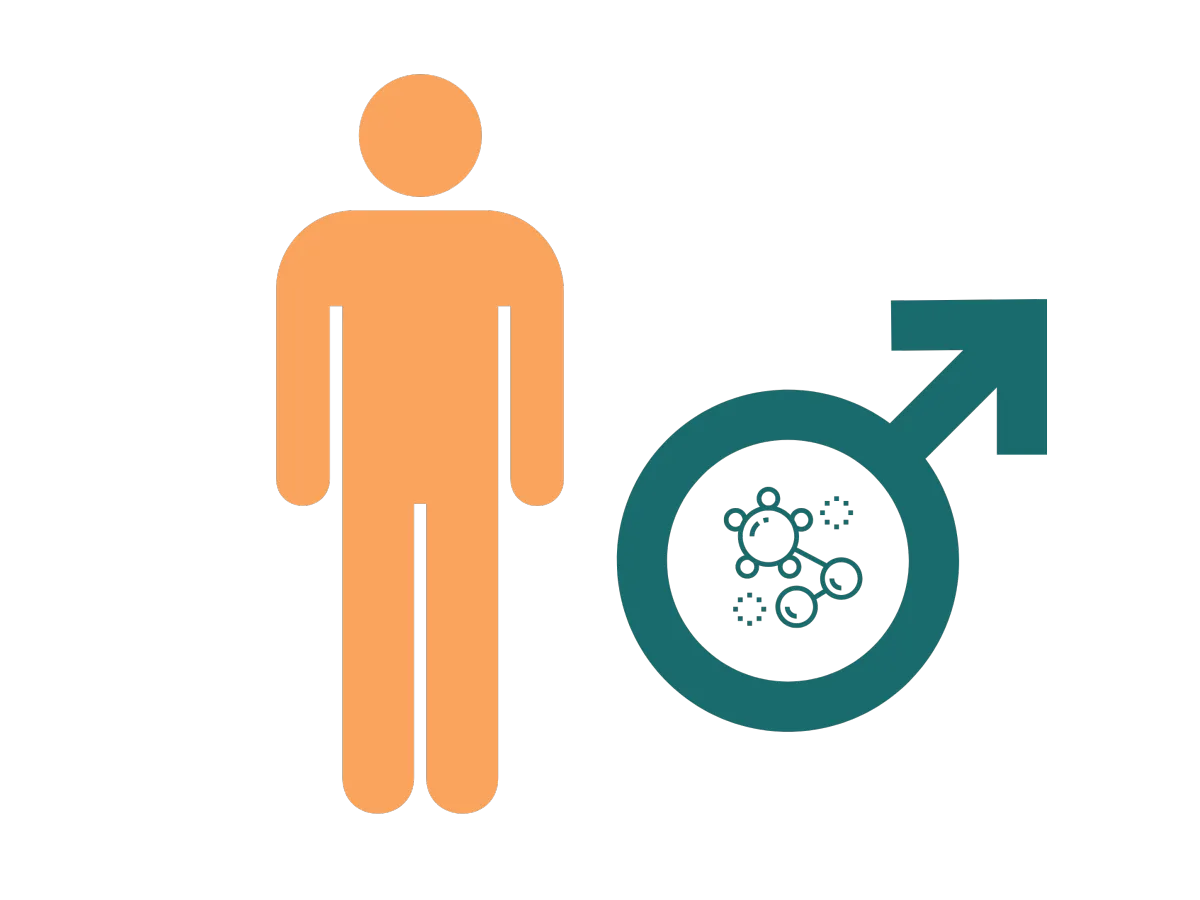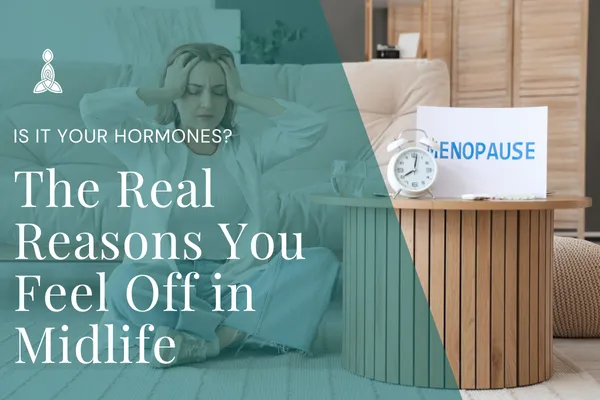
Is It Your Hormones? The Real Reasons You Feel Off in Midlife
Your hormones don’t just impact periods and pregnancy—they regulate nearly everything: your energy, focus, weight, mood, sleep, and even how you respond to stress.
When they fall out of balance, life can feel unrecognizable. And yet, too often, women are brushed off, told their symptoms are "just stress" or "part of aging."
At Holistic & Hormonal, we believe differently. We see hormonal symptoms as a signal, not a sentence. With functional medicine, we help women across New Hampshire and beyond finally uncover what’s driving their fatigue, anxiety, brain fog, weight gain, and more—so they can feel like themselves again.

What Is Hormonal Imbalance, Really?
Hormonal imbalance happens when the body produces too much or too little of a hormone—or when those hormones are no longer in healthy rhythm with each other. For women, the usual suspects include estrogen, progesterone, testosterone, thyroid hormones (T3/T4), insulin, and cortisol.
These are not abstract chemicals. They are deeply connected to how you feel every single day.
Common Signs Your Hormones Are Out of Balance
Midlife women experience hormone symptoms in highly individualized ways. Still, these are some of the most common patterns we see:
1. Irregular or Heavy Periods
Often tied to imbalances in estrogen and progesterone. If you’re experiencing erratic cycles, PCOS, fibroids, or thyroid dysfunction may be at play.
2. Persistent Fatigue Despite Rest
Feeling exhausted after a full night’s sleep? This could point to sluggish thyroid function or adrenal dysregulation, especially if cortisol patterns are off.
3. Unexplained Weight Gain
Weight settling around the belly or hips, or difficulty losing weight, often signals insulin resistance or cortisol dominance—especially if diet and exercise aren’t moving the needle.
4. Mood Swings, Anxiety, or Depression
Fluctuations in estrogen and progesterone affect neurotransmitters like serotonin and GABA. This is a major reason why PMS, postpartum mood issues, and perimenopausal irritability are so common.
5. Trouble Sleeping
Low progesterone and high nighttime cortisol are two of the biggest culprits behind midlife insomnia and frequent waking.
6. Acne or Skin Changes
Adult acne along the jawline can suggest elevated androgens (testosterone or DHEA), while dry, thinning skin may point to low estrogen.
7. Thinning Hair or Hair Loss
Often linked to low thyroid function or shifting sex hormones during perimenopause and menopause.
8. Low Libido
Decreasing testosterone or estrogen levels, chronic stress, and nutrient depletion all play a role in decreased sexual desire or responsiveness.
9. Brain Fog or Forgetfulness
Estrogen and thyroid hormones support mental clarity. When they drop, you might struggle to recall words, stay focused, or feel sharp.
10. Hot Flashes & Night Sweats
These are hallmark signs of estrogen withdrawal, typically beginning in perimenopause but intensifying in menopause.
